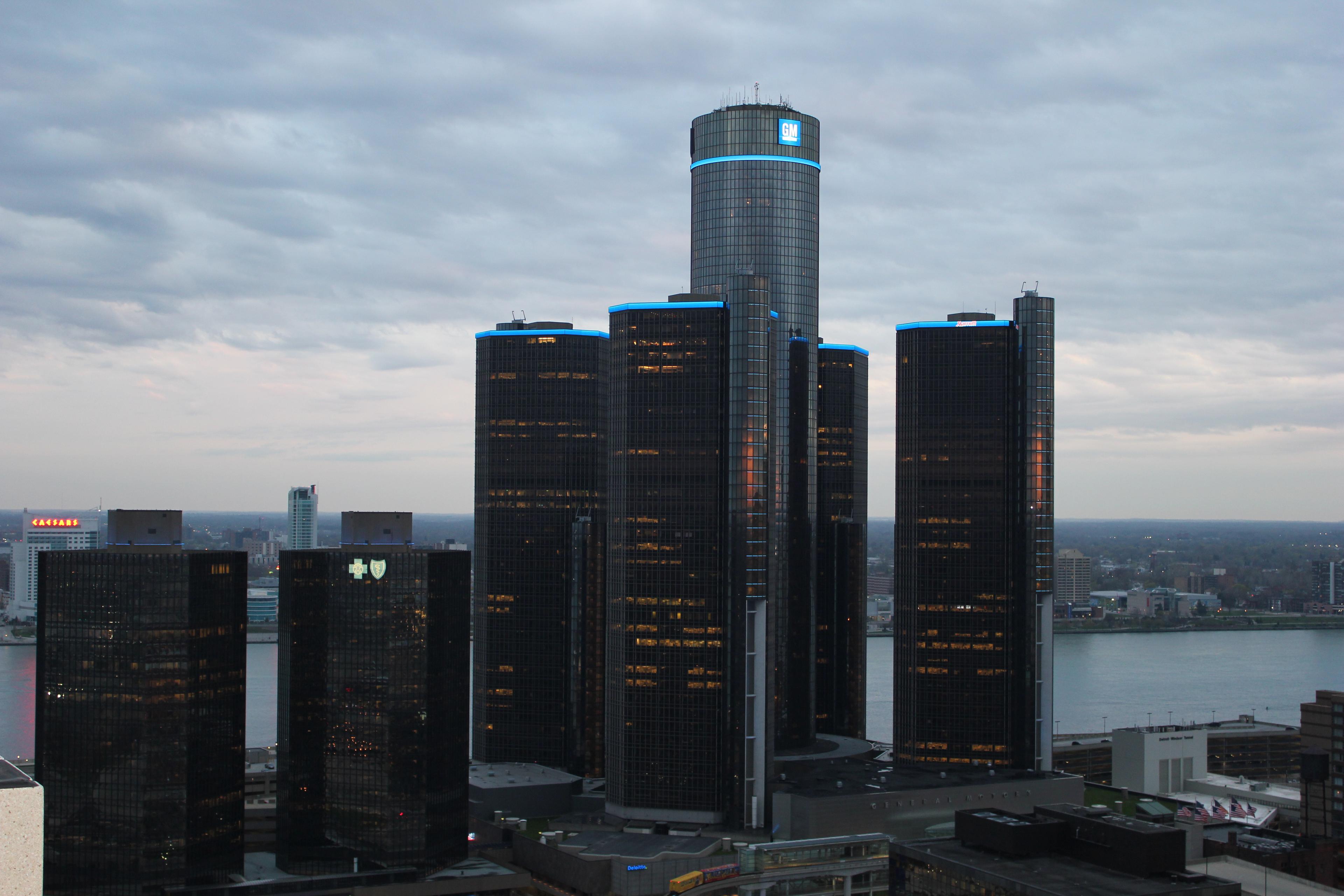Specialty Benefits Provide Financial Security to Employees
bcbsm
| 2 min read

High-deductible health plans are a popular choice by many businesses who are concerned about their premiums rising. The HDHP plans are a good option for those who may not use their health coverage on a regular basis, but they can leave people vulnerable if there is an emergency. In 2018, there were an estimated 1,735,350 individuals newly diagnosed with cancer according to the American Cancer Society. The American Heart Association says the leading causes of death are attributed to cardiovascular disease at 43.8%, followed by a stroke with a 16.8% occurrence. The statistics are staggering, and offering accident, critical illness or hospital recovery coverage to your employees can provide financial security for unexpected health costs. When employers are forced to shift medical insurance costs to an employee, it increases the employee’s financial risk. Offering an employer-paid plan, or the option for an employee to voluntarily select a critical illness or accident plan HDHP, can provide a net savings, act as an incentive to transition to an HDHP and lessen the employee’s financial risk. These plans are reasonable in cost and provide extra coverage for the unexpected. “Offering a high-deductible health plan lowers premiums, but it can leave employees vulnerable when costly medical care is needed with an accident or onset of a critical illness,” said Jon Luna, Specialty Benefits sales representative. “That’s where we see employers recognizing the value of providing accident and critical illness policies to help minimize an employee’s potential financial responsibility and stress,” adds Luna. Learn more about specialty coverage by visiting Blue Cross’s Specialty Benefits page and reading these other blogs:
Photo credit: Stigur Mar Karlsson





